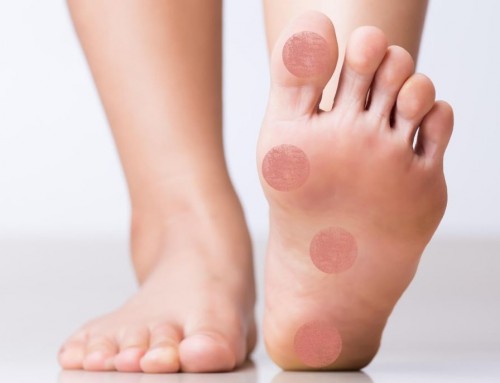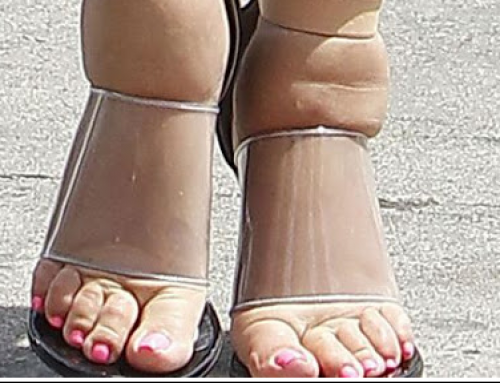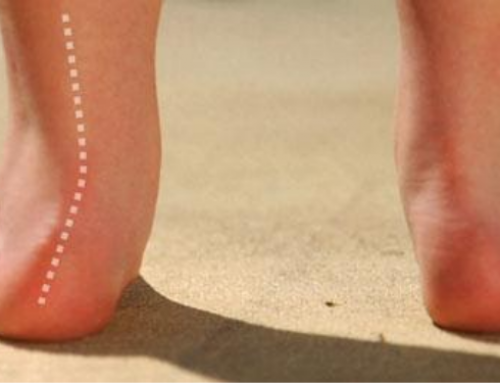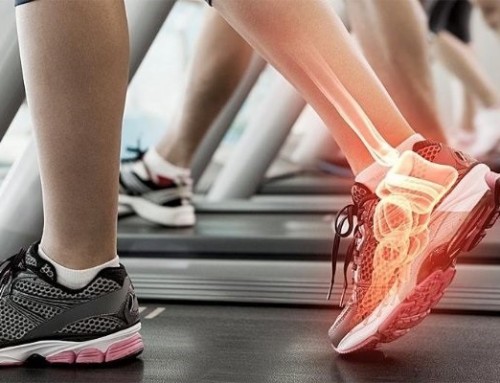Foot Care and Diabetes
Diabetes is a serious disease that can develop from a lack of insulin production in the body  or due to the inability of the body’s insulin to perform its normal everyday functions. Insulin is a substance produced by the pancreas gland that helps process the food we eat and turn it into energy.
or due to the inability of the body’s insulin to perform its normal everyday functions. Insulin is a substance produced by the pancreas gland that helps process the food we eat and turn it into energy.
While the number of Canadians diagnosed with diabetes is already high, an additional almost one million are estimated to have the disease but do not know it. Currently, one in four Canadians lives with diabetes, undiagnosed diabetes, or pre-diabetes.
Types of diabetes:
There are 2 different types of diabetes: Type 1 and Type 2. Type 1 is usually associated with juvenile diabetes and often linked to genetically passing from one generation to another. Type 2 is characterized by elevated blood sugars.
Many complications can be associated with diabetes, it disrupts the vascular system, affecting many areas of the body such as eyes, kidneys, legs and feet.
People with diabetes should pay special attention to their feet and take necessary precautions to prevent foot injuries and conditions.
Poor circulation contributes to diabetic foot problems by reducing the amount of oxygen and nutrition supplied to the skin and other tissue, causing injuries to heal poorly. Preventing foot complications is more critical for the diabetic patient because poor circulation impairs the healing process and can lead to ulcers, infection and other serious foot conditions.
Footwear and Orthotics play an important role in diabetic foot care. Orthotics are recommended by your treating physician and are designed with materials to protect the insensitive diabetic foot and to accommodate pressure spots. They are customized to provide comfort and protection needed in diabetic foot care.
Footwear should provide the following protective benefits:
- Deep and wide toe box (toe area)
- Removable insoles for fitting flexibility and the option to insert orthotics if necessary
- Rocker soles designed to reduce pressure in the areas of the foot most susceptible to pain, most notably the ball of the foot
- Firm heel counter for support and stability
It is important that your footwear fits properly, ill-fitted shoes can cause irritation and injury.
If you are diabetic, you should be particularly alert to any problems you may be having with your feet. Check your feet every day, keep your skin soft and smooth with skin lotion or cream on the tops and bottoms of your feet, do not put cream between toes – use talcum powder to keep that area dry. Wear shoes and socks at all times. Do not walk barefoot, not even indoors or at the beach. Consult your foot doctor, if you are experiencing a foot problem.














